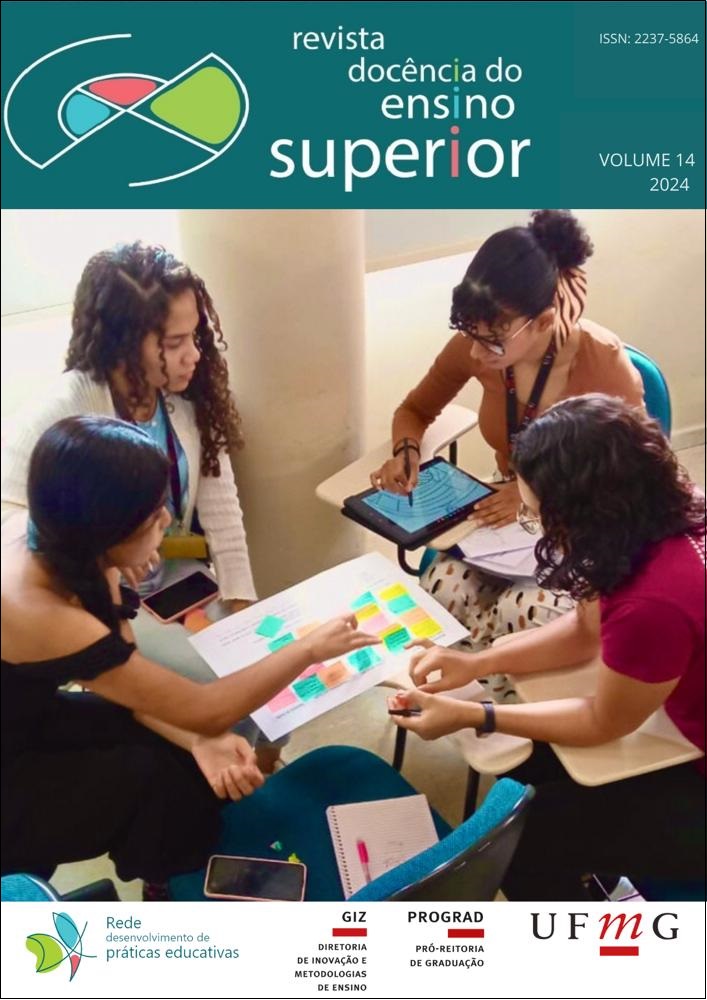Popular education and military dictatorship
challenges and perspectives for teaching in higher education in an interview with Juarez Dayrell
DOI:
https://doi.org/10.35699/2237-5864.2024.53790Keywords:
teaching, university education, popular education, military dictatorship, democracyAbstract
The text is based on an interview with Juarez Tarcísio Dayrell, a retired professor from the Federal University of Minas Gerais (UFMG) and founder of UFMG's Youth Observatory. The aim was to reflect on the relationships between the university and the military dictatorship, set against the backdrop of his journey as a popular educator and teacher. The interview was conducted as a conversation, following a semi-structured guide. The statements were recorded, transcribed, and reorganized to ensure a coherent flow of ideas and arguments. The analysis was grounded in the principles of popular education and the theoretical perspective of Paulo Freire, allowing us to understand the impacts of the military dictatorship on the lives of students and teachers, as well as the processes of social mobilization and resistance constructed by civil society, particularly by popular educators, which ultimately contributed to the re-democratization of political life in the country.
Downloads
References
FREIRE, Paulo. Extensão ou comunicação? Tradução de Rosisca Darcy de Oliveira. 6. ed. Rio de Janeiro: Paz e Terra, 1982. 93 p. (O mundo, Hoje, v. 24).
FREIRE, Paulo. Pedagogia da Autonomia: saberes necessários à prática educativa. 35. ed. São Paulo: Paz e Terra, 1996. (Coleção Leitura).
FREIRE, Paulo. Pedagogia do oprimido. 17. ed. Rio de Janeiro, Paz e Terra, 1987.
Published
How to Cite
Issue
Section
License
Copyright (c) 2024 Juarez Tarcisio Dayrell, Geraldo Magela Pereira Leão, João Paulo Mariano Domingues, Lorena Trigueiro Rocha

This work is licensed under a Creative Commons Attribution 4.0 International License.
Authors who publish in this journal retain the copyright and grant the journal the right of first publication, with the work simultaneously licensed under the Creative Commons Attribution License which allows the sharing of work with acknowledgment of authorship and initial publication in this journal.
Authors are authorized to take additional contracts separately, for non-exclusive distribution of the version of the work published in this journal (e.g. publish in institutional repository or as a book chapter), with acknowledgment of authorship and initial publication in this journal.
Open access policy:
Revista Docência do Ensino Superior is an Open Access journal, which means that all content is available free of charge, at no cost to the user or their institution. Users may read, download, copy, distribute, print, search, or link to the full texts of the articles, or use them for any other legal purpose, without seeking prior permission from the publisher or author, provided they respect the license to use the Creative Commons used by the journal. This definition of open access is in line with the Budapest Open Access Initiative (BOAI).
























